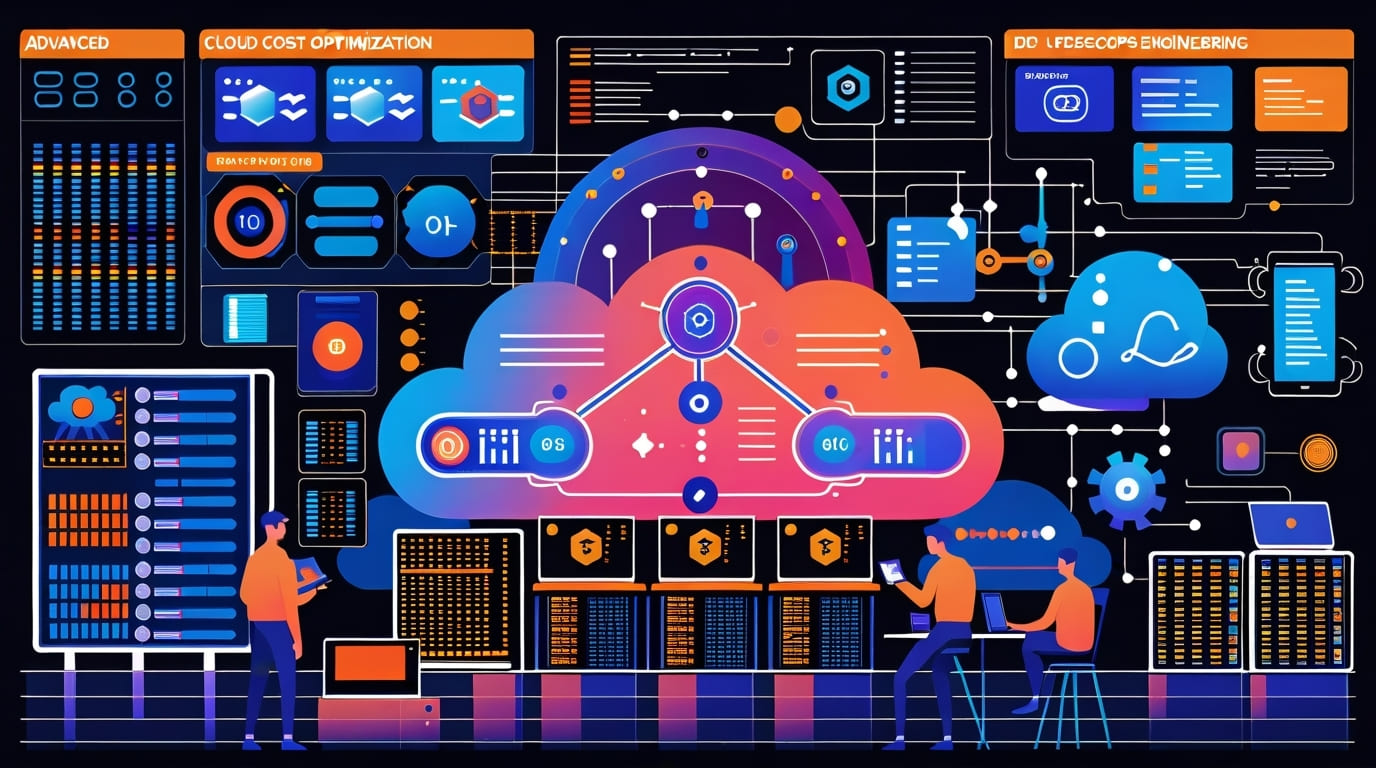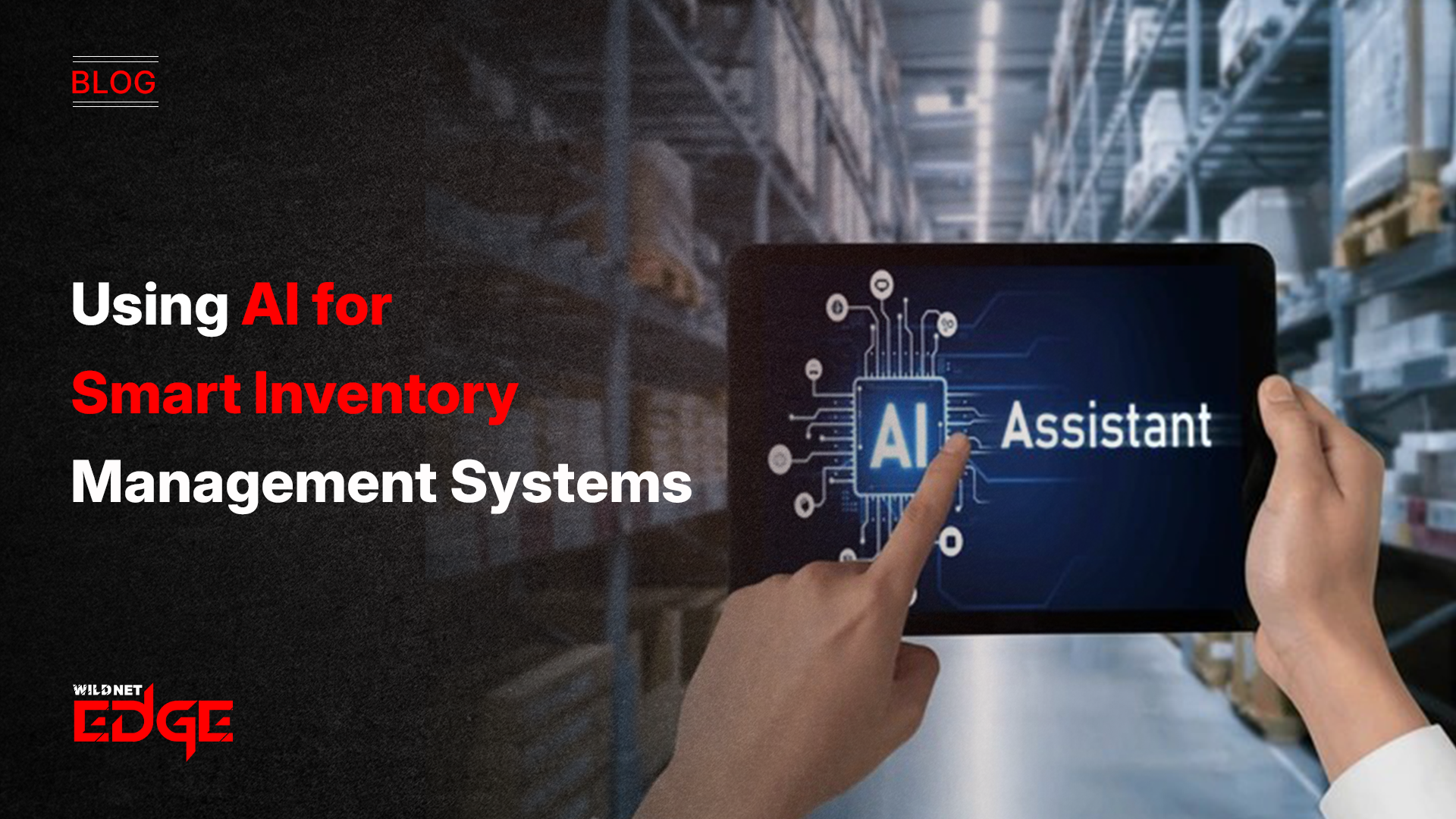Managing real estate properties can often be a daunting challenge, filled with various tasks that can quickly overwhelm even the most seasoned property managers. From tracking tenant payments to organizing maintenance requests, the complexity of the real estate sector demands an efficient approach. This is where real estate software development comes into play, revolutionizing how property management is conducted. Are you overwhelmed by property management tasks? How can technology ease your burden? By leveraging innovative software solutions, property managers can streamline operations, enhance communication, and ultimately boost productivity, making their roles significantly easier and more efficient.
Importance of Property Management Software
Real estate software development is crucial for anyone looking to manage properties effectively. Property management software is the backbone that helps real estate managers handle their daily tasks with precision and efficiency.
Streamlining Property Operations
One of the primary benefits of property management software is its ability to simplify complex tasks. Users can experience unparalleled ease in managing tenant information, tracking rental payments, scheduling maintenance requests, and generating detailed financial reports. For example, a property manager can automate the process of sending reminders for rent payments, drastically reducing late payments. Software like Buildium and AppFolio provide capabilities for online rent collection, making it convenient for tenants and ensuring property owners receive their dues promptly.
Moreover, these platforms enable managers to track critical metrics such as occupancy rates, income generated from properties, and the overall health of their portfolios. Access to real-time data translates into better decision-making and performance monitoring, alleviating the burden of manual oversight.
Enhancing Communication and Transparency
Effective communication is vital in property management, and software solutions facilitate better dialogue between landlords, tenants, and maintenance teams. Property management software offers portals where tenants can submit maintenance requests, ask questions, and access lease documents. This fosters a sense of community and trust, as tenants feel their concerns are acknowledged and addressed.
For instance, companies like TenantCloud and Propertyware provide built-in communication tools that notify tenants of impending repairs, allowing them to provide feedback and track the progress of requests. This transparency builds rapport and satisfaction, leading to prolonged tenant retention and reduced turnover rates.
Key Features of Real Estate Software Development
Successful real estate software development must focus on essential features that enhance usability and integrate seamlessly into existing workflows.
User-Friendly Interfaces
An intuitive user interface (UI) is paramount for the success of any property management software. If the software is challenging to navigate, users will struggle to adopt it, negating its potential benefits. Features like straight navigation bars, clear labels, and interactive dashboards make it easier for property managers and tenants alike to access essential information.
For example, Zillow Premier Agent has a user-friendly interface designed for real estate professionals to manage their listings and connect with prospective clients efficiently. When selecting property management software, always opt for platforms that prioritize user experience. To facilitate rapid adoption, involve team members in the selection process, conducting trials and observing interactions with different features to gauge usability.
Integration with Other Real Estate Tools
Integration capabilities are another crucial aspect of real estate software development. The ability to sync seamlessly with accounting tools, CRM systems, and marketing platforms significantly enhances operational efficiency. For example, integrating with QuickBooks allows for efficient financial tracking, enabling property managers to manage budgets, generate financial statements, and analyze expenditure alongside rental income. Integration with platforms like Mailchimp facilitates streamlined marketing campaigns for available properties, reducing the workload for property managers while enhancing outreach.
When evaluating property management software, determine how well it integrates with existing tools, ensuring minimal disruption during implementation, and improved overall workflow.
Benefits of Custom Software Development
Investing in custom software can yield considerable advantages, significantly impacting property management effectiveness.
Tailoring Solutions to Your Needs
One of the most compelling reasons to opt for custom software development is the ability to customize features that specifically suit your property management needs. Unlike off-the-shelf solutions, which may contain extraneous features or lack essential functions, custom software allows for a tailored approach. For instance, if a property management company specializes in luxury apartments, custom software can include functionalities to manage high-end tenant specifications or upscale maintenance schedules.
When assessing software options, make an inventory of your existing processes and identify which functions actively contribute to your operation’s success. Collaboratively work with development partners to craft solutions addressing these unique needs, ensuring efficient property management.
Cost-Effective Long-Term Solutions
While the initial investment in custom software may appear daunting, these solutions often prove cost-effective in the long run. Customized software enables automation, reducing manual labor costs and minimizing errors over time. Furthermore, software designed specifically for your business can optimize operations in ways that generic solutions cannot, leading to substantial savings.
Consider a case study from a mid-sized property management company that transitioned to custom software. Initially, their cost was higher than standard solutions, but within a year, they experienced a 30% reduction in operational costs due to improved efficiencies and reduced labor requirements. Over three years, they saved significantly, emphasizing the importance of viewing software development as a strategic investment.
Trends in Real Estate Software Development
As the landscape of real estate continues to evolve, staying ahead of industry trends is crucial for effective property management.
AI and Machine Learning Integration
Artificial intelligence (AI) and machine learning are no longer futuristic concepts but practical tools that can transform real estate software development. By leveraging AI, property managers can analyze market trends, tenant behaviors, and rental price fluctuations. Software like Zillow’s Zestimate utilizes machine learning algorithms to estimate property values based on an array of data points, providing landlords with informed pricing insights.
In practice, AI-driven analytics can help identify which features tenants seek in rental properties or the optimal times to increase rental prices based on demand. By integrating AI, property managers can make informed, data-driven decisions that enhance long-term profitability.
Mobile Accessibility for On-the-Go Management
The importance of mobile accessibility in property management cannot be overstated, especially in an increasingly mobile-centric world. Property managers benefit from mobile solutions that allow them to manage properties while on the go. Mobile apps designed with real estate management in mind enable users to check tenant submissions, approve maintenance requests, and track finances— all from a smartphone.
This trend is evident in applications like Rentec Direct, which offers mobile access to its powerful property management software, ensuring that property managers can operate effectively, regardless of location. To remain competitive, choose solutions that prioritize mobile accessibility, allowing for flexibility in property management.
Challenges in Developing Real Estate Software
While the benefits of real estate software development are substantial, several challenges must be addressed to ensure success.
Data Security Concerns
With the influx of sensitive tenant and property information, data security has become a significant concern in real estate software development. Implementing robust security protocols should be paramount to protect against data breaches and cyber-attacks. For property managers, understanding compliance standards such as GDPR and CCPA is crucial to safeguarding consumer data.
Utilize software solutions built with advanced security features like end-to-end encryption and real-time updates on security vulnerabilities. Conduct regular audits and work with developers specializing in data security to ensure the software remains compliant and secure.
Compliance with Regulations
Compliance with local, state, and federal regulations is another challenge faced in property management and real estate software development. Software must be updated continually to reflect evolving laws and regulations, preventing property managers from falling into legal pitfalls.
Choose platforms that emphasize compliance and provide ongoing support with updates. Additionally, consider engaging legal experts during the development process to ensure all regulatory aspects are covered, ultimately safeguarding your business from potential liabilities.
How to Choose the Right Development Partner
Selecting the right development partner is crucial for successful real estate software development. Numerous factors should guide your choice, ensuring you partner with a firm that aligns with your objectives.
Assessing Experience and Expertise
Start by assessing potential partners for their experience in the real estate sector. Understanding their previous projects, client testimonials, and case studies can provide insight into their capabilities. A partner well-versed in real estate software development understands industry-specific challenges and can offer effective solutions.
Seek partners with diverse portfolios, showcasing various project scales and complexity. Collaboration between key stakeholders in your organization and the development team also enhances understanding, allowing for more cohesive solutions tailored to your needs.
Evaluating Cost vs. Value
While budget considerations are essential when evaluating potential development partners, balancing cost with the value they provide is equally crucial. Avoid opting for the cheapest solution just to save money, as this may result in poor quality and increased long-term costs.
Assess the services included in the proposal and identify opportunities for added value—such as ongoing support, updates, and training. Establish a budget that allows for high-quality software development while understanding the long-term investment it represents in your business.
Conclusion
Real estate software development offers an array of benefits that make managing properties more effective and efficient. By investing in robust property management software, leveraging customization, and staying abreast of industry trends, property managers can optimize their operations. The complexities of the real estate market necessitate reliable solutions, and partnering with experts like Wildnet Edge ensures that your software development journey is efficient and focused on addressing your unique needs. To maintain a competitive edge, now is the time to embrace the future of property management through tailored software solutions.
FAQs
Q1: What is real estate software development?
A1: Real estate software development involves creating applications tailored to manage properties effectively, enhancing operational efficiency and communication.
Q2: How does property management software enhance efficiency?
A2: Property management software automates tasks such as tenant tracking and rent collection, significantly improving workflow and reducing manual errors.
Q3: What are the top features to look for in property management software?
A3: Key features include tenant tracking, financial reporting, maintenance request management, and seamless integration with accounting tools.
Q4: How can AI be beneficial in real estate software development?
A4: AI provides data analysis capabilities that assist owners in making informed decisions, optimizing operations, and predicting market trends.
Q5: Why consider custom software for property management?
A5: Custom software caters to specific needs, ensuring better functionality, user experience, and potential long-term cost savings.

Managing Director (MD) Nitin Agarwal is a veteran in custom software development. He is fascinated by how software can turn ideas into real-world solutions. With extensive experience designing scalable and efficient systems, he focuses on creating software that delivers tangible results. Nitin enjoys exploring emerging technologies, taking on challenging projects, and mentoring teams to bring ideas to life. He believes that good software is not just about code; it’s about understanding problems and creating value for users. For him, great software combines thoughtful design, clever engineering, and a clear understanding of the problems it’s meant to solve.
 sales@wildnetedge.com
sales@wildnetedge.com +1 (212) 901 8616
+1 (212) 901 8616 +1 (437) 225-7733
+1 (437) 225-7733
















 AI Development Services
AI Development Services Industry AI Solutions
Industry AI Solutions AI Consulting & Research
AI Consulting & Research Automation & Intelligence
Automation & Intelligence













